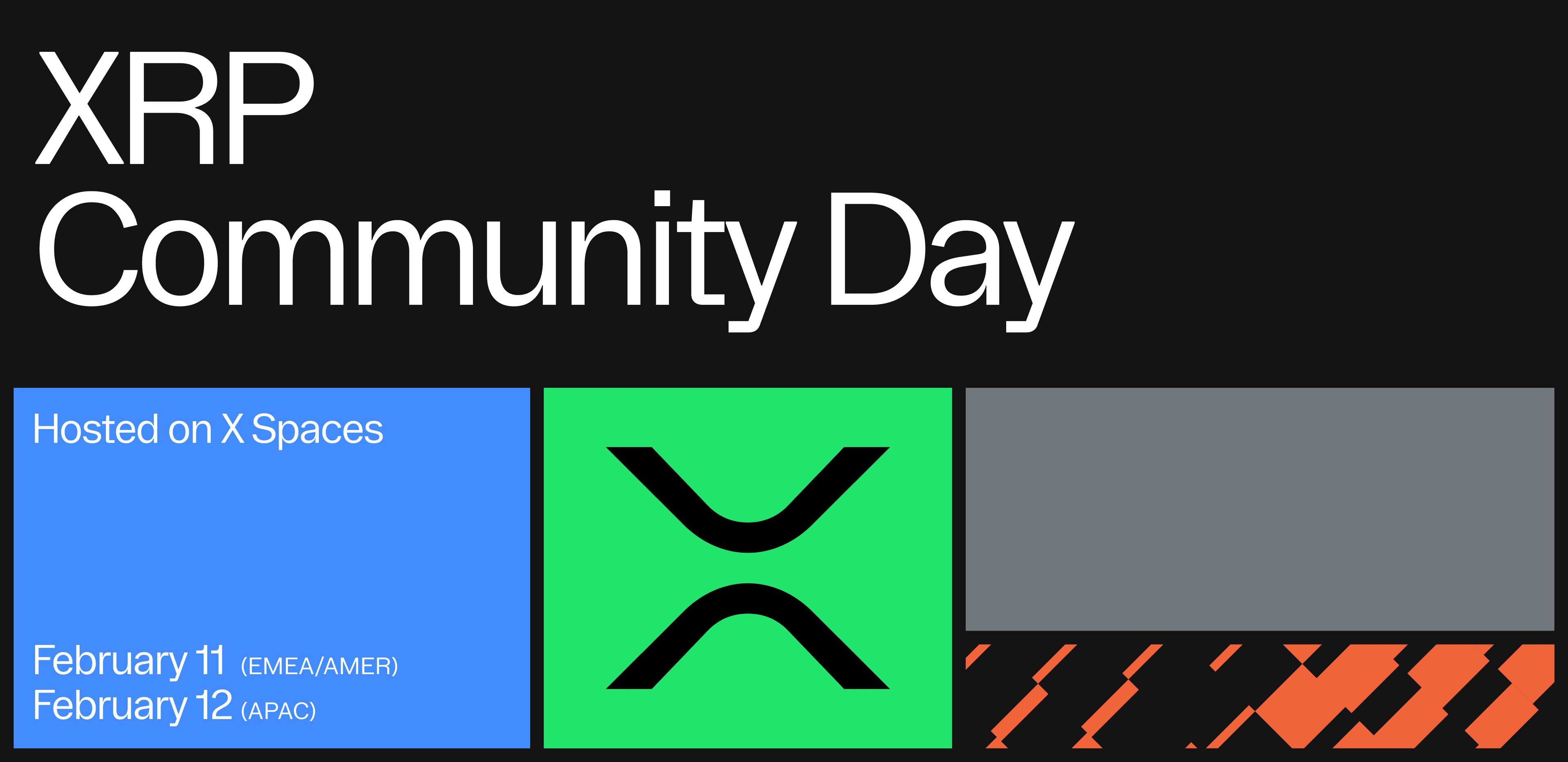This Ripple Insights series spotlights Ripple Impact partners, the nonprofits and mission-driven companies we work with to advance financial inclusion, fight climate change, and make a difference both globally and locally, in the communities in which we live and work.
First up in the series is a Q&A with Scott Onder, the Chief Investment Officer at Mercy Corps Ventures. In 2020, Ripple and Rippleworks announced a $10 million USD contribution to Mercy Corps Ventures to fund a three-year initiative with the goal of expanding financial inclusion and economic empowerment through pilot projects and investments in early-stage fintech startups in emerging markets across Africa, Asia, and Latin America.
Q: Tell us about the mission of Mercy Corps Ventures.
A: Our mission is to catalyze an ecosystem of venture-led solutions to strengthen the resilience of individuals and communities in frontier markets.
Mercy Corps Ventures launched in 2015 as the venture capital arm of Mercy Corps. We believe that the next generation of highly-scalable and successful startups will evolve in emerging markets. However, they are often undercapitalized and don’t have access to the resources they need for their ventures to survive. Through capital and support, we catalyze the ecosystem toward smarter, more impactful investments. We work with partners to pilot test and prove innovative crypto and blockchain solutions, providing reliable and direct access to financial services and climate resilience solutions for underserved populations so they can withstand disruption, plan for the future, and thrive.
Q: Have blockchain and crypto always been part of Mercy Corps Ventures’ strategy?
A: From the outset, we’ve seen that crypto and blockchain present tools to address core challenges in the financial services landscape. But it’s taken time and tenacity to find startups and protocols developing products with real world application and underbanked and low-income users at the center.
We saw opportunities to bring down the costs of payments and remittances; stablecoins presented a crucial alternative to volatile local currencies; and we suspected that products like insurance and credit would benefit from being onchain. We wanted to see more compelling real-world applications and business models, so, about five years ago, we began piloting crypto use cases with builders and founders in Africa and other markets to test and validate their solutions. Ripple has been integral to this and supported Mercy Corp’s wider network of staff to understand the opportunities to address financial exclusion through innovative Web3 solutions.
Fast-forward to today and we are working alongside visionary founders to prove three ways that crypto can positively impact underserved communities:
- First, crypto and decentralized finance (DeFi) solutions are increasing economic opportunities for people currently excluded from the global economy.
- Second, Web3 and regenerative finance provide coordination tools and incentives to confront the climate crisis.
- Third, crypto and blockchain technology has the potential to radically transform how humanitarian aid is operated and delivered around the world.
Q: How have Ripple and Mercy Corps Ventures collaborated to explore blockchain and crypto’s potential for increasing financial inclusion?
A: With Ripple’s support and collaboration, we’ve invested in 42 portfolio companies across 23 countries globally. More than half of the investments are in female-founded companies. Following our investments, these companies have been able to serve 15.5 M customers with impactful products and services and have raised $396.7 million M in follow-on financing.
From responding to humanitarian crises, to increasing economic opportunity for the unbanked, to addressing the climate crisis: crypto and blockchain present a range of compelling solutions and Ripple has been a trailblazing partner for us in driving innovation in this area.
Q: 51% of Mercy Corps Venture’s investment portfolio is female-founded. Can you tell us about one of the companies you’re excited about?
A: Ejara is West Africa’s first female-founded crypto investments platform and takes a fundamentally different approach to “get-rich-quick” crypto platforms, with an impact-driven mission to serve the mass market and financially excluded, emphasizing financial education and responsible investing. The company already has an industry-leading ~40% female user base which is three times over crypto averages.
Francophone Africans face a weak common currency and have a high demand for crypto due to the current inflation risk, limited opportunities for savings yield, and low-quality payments infrastructure. Alongside growing mobile ownership, French speaking Africa is a market ideally positioned for greater crypto adoption and Ejara is the first decentralized investment and savings platform to experience growth in this sub-region.
Q: Are you seeing results in the use of blockchain to create climate resilience?
A: In sub-Saharan Africa, only 3% of smallholder farmers are accessing crop insurance, with barriers to adoption including high premium costs and complex claim settlement processes. This leaves farmers vulnerable to climate shocks. Mercy Corps Ventures ran a pilot facilitating smart contract weather index insurance for over 12K farmers in Kenya with ACRE Africa and Ethersic. Through this pilot, for the first time, we integrated blockchain smart contracts into an existing weather index product at scale. In an extreme weather event, policies are automatically triggered — facilitating fair, transparent, and timely payouts for smallholder farmers.
This pilot reduced payout times by 97%, from an industry average of 45 days to 24 hours and increased coverage amount by 27% for smallholders compared to the previous season. Based on this success, ACRE Africa made a groundbreaking commitment to put all parametric insurance products on blockchain.
Q: Where is Mercy Corps Ventures focused in 2023?
A: The market downturn has only emphasized the importance of our mission. The bear market is a time to build, and we believe that companies with diverse teams that embed resilience in their business models will be the ones most likely to scale and succeed. Long term, companies that integrate a climate lens will be better positioned to withstand future shocks and stresses. While managers of global capital pools are pulling back, we’re staying laser-focused on seeding and supporting climate adaptation solutions at the early stage, and fast.
As we double down on our commitment to driving climate adaptation and resilience, we will be launching Fund II, our Resilient Future Fund, to invest in and support approximately 25 early-stage startups in frontier markets with solutions that build resilience to climate change.
Learn more by exploring Mercy Corps Ventures 2022 Impact Report.







